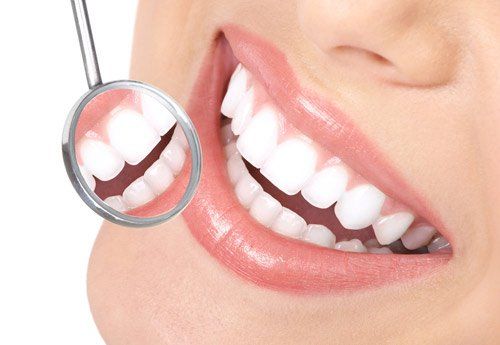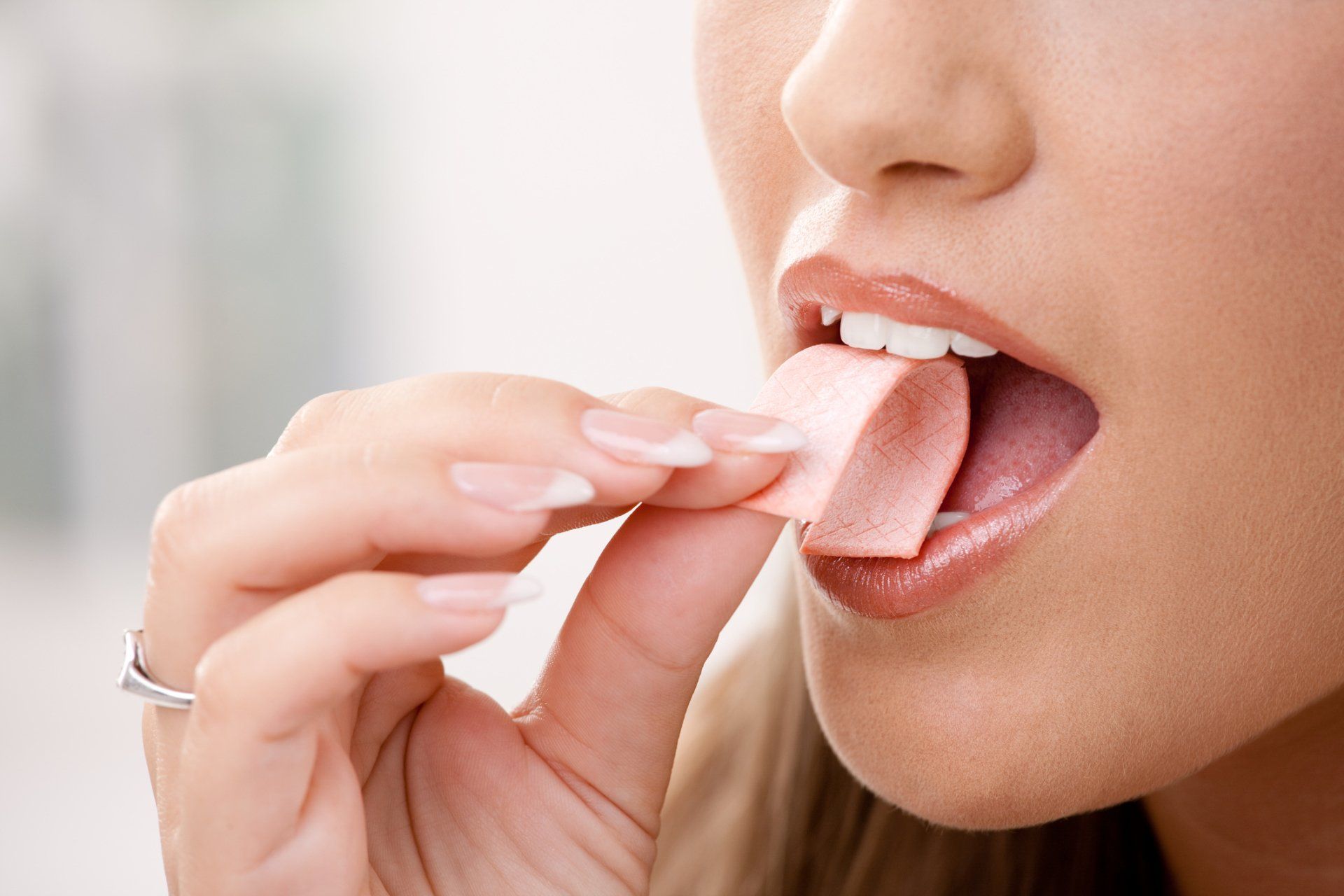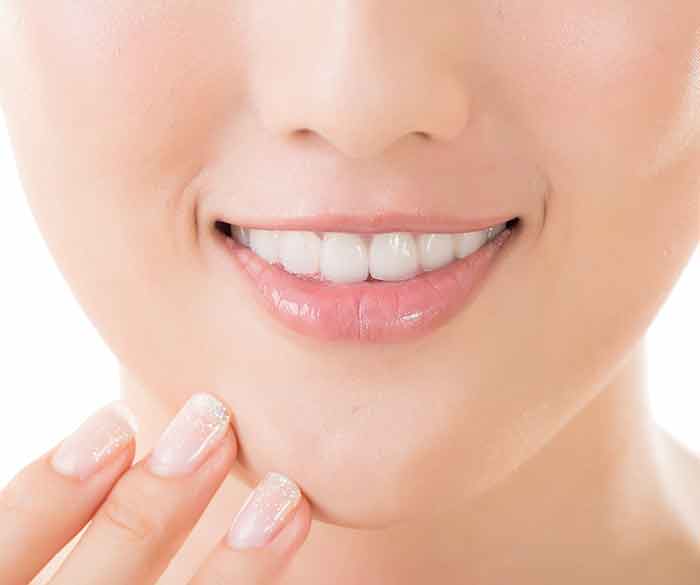SENSITIVE TOOTH ENAMEL? PROTECT IT FROM ACID EROSION WITH THESE SIMPLE TIPS
- By Admin
- •
- 25 May, 2017
- •
If you experience sensitivity in your teeth whenever you eat something cold, hot, or sweet, you may wonder why you have this problem and what can you do to stop it. Your sensitive teeth may be a result of enamel erosion.
Enamel erosion occurs when the surfaces of your teeth (enamel) wear down from a loss of calcium and other valuable minerals. A number of things can erode your enamel, including sweet and acidic foods and beverages.
Although you can't reverse enamel erosion once it occurs, you can take steps to reduce or stop its damaging effects on your teeth.
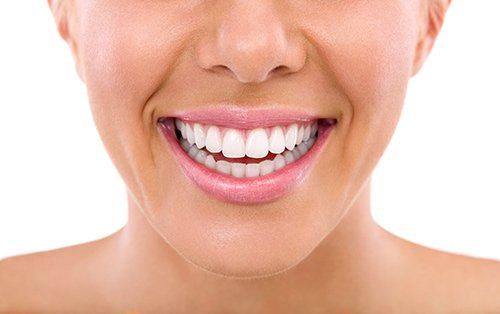
Limit Your Intake of Sweet and Acidic Foods and Beverages
If you love to consume sweet and acidic drinks and meals, limit your intake of these items now, especially fruit juices. Some fruit juices contain acids that are more damaging than battery acid. The strong acids found in your favorite sodas can also wreak havoc on your enamel.
Acid breaks down your enamel until it exposes the dentin beneath it. Dentin protects the nerves and blood vessels inside your teeth from decay and infection, and dentin gives your enamel color. Exposed nerves can make your teeth extra sensitive to different temperatures and sensations.
Sugar damages your teeth by allowing bacteria to grow inside your mouth. Bacteria uses sugar as a food source. The byproducts given off by bacteria as they feed turn into harmful acids. These acids not only erode your enamel but they can also decay your teeth.
Instead of drinking sugary or acidic beverages throughout the day, choose unsweetened fruit juices, decaffeinated tea, and plain water. If you can't drink tea or water plain, add frozen blackberries or raspberries to your cups or glasses. You want to avoid using honey as a sweetener. Although honey is natural, it can stick to your enamel and turn into acids as well.
Also, swap your sweet treats or food items with fresh apples, avocados, and strawberries. These fruits are low in sugar but high in flavor.
Brush Your Teeth Before You Eat Sweet and Acidic Meals
Although it's important to brush your teeth after meals, you don't want to do so right away, especially if you eat or drink something sweet or acidic. You already know from reading above that acids can damage your enamel. But what you might not know is that brushing your teeth immediately after consuming sweet and acidic foods may make it worse.
The bristles of your toothbrush will actually push and grind the acids further into your teeth, doing more harm than good. The damage may leave your teeth even more vulnerable to the bacteria that cause tooth decay.
You can wait 30 minutes to clean your mouth after consuming a sweet or acidic meal, or you can brush your teeth before you consume your meal. Brushing your teeth beforehand removes most of the bacteria on the surfaces of your teeth. If you don't have time to brush your teeth ahead of time, reduce the acids in your meal by eating crunchy vegetables like carrots and celery during or after meals. These foods help remove bacteria from your teeth and increase the saliva in your mouth. Saliva contains enzymes that neutralize acids and fight bacteria.
Also, sip on plain water during and after your meals. Water can help protect your sensitive enamel from acid erosion and bacteria by cleansing the surfaces of your teeth, gums, and other mouth tissues.
If you still experience sensitivity in your enamel after making the changes above, consult with the specialists at Emergency Dentist Milwaukie-Clackamas, Sunrise Dental. Dental providers can examine your teeth to see how much damage they sustained from acid erosion and make the best recommendations to treat them.
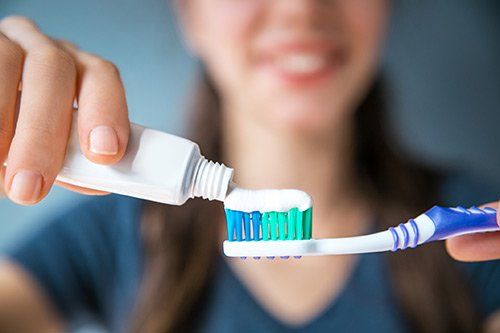

You should know the different kinds of dental pain so you can know when to call a dentist in an emergency. These tips can help you understand what types of pain are most indicative of a dental emergency.

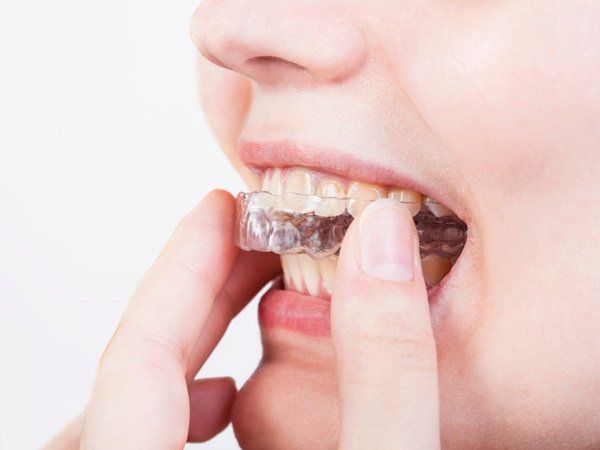

Unfortunately, tooth enamel can be worn down by everyday foods and beverages, especially acidic or sugary substances. Here is a small list of consumables that can damage your tooth enamel and ways you can still eat or drink them safely as part of your regular diet.
